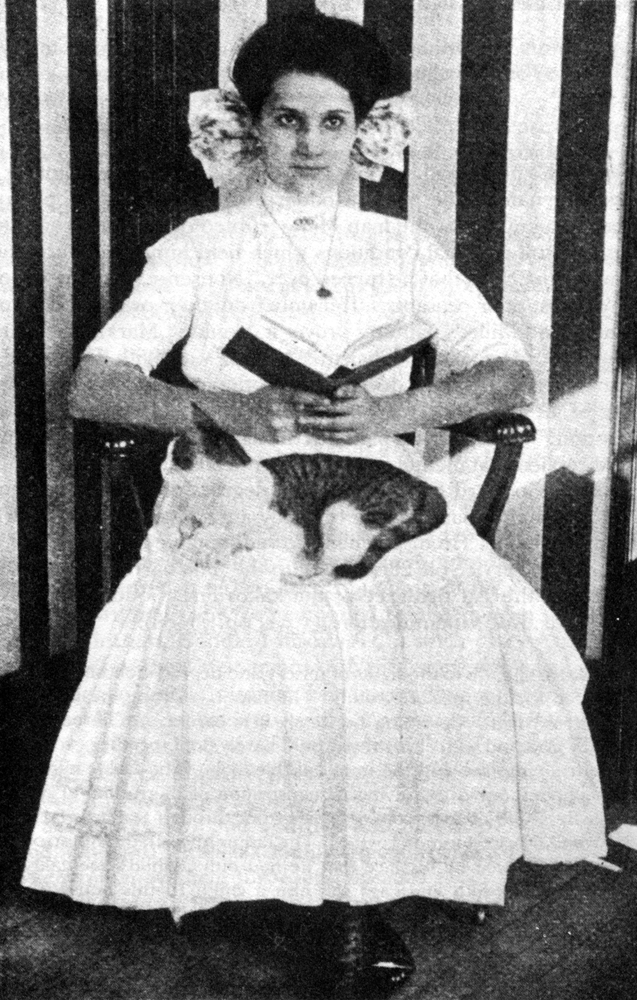
Goddard's "simulation" -- used ink pen to distort features on the photo of a "defective" family marked for sterilization
ANSWER
Lets first look at a failure for that line of thinking.
Psychologist H.H. Goddard in his 1919 publication on the genetic determination of IQ:
"There are great groups of men, laborers, who are but little above the child, who must be told what to do and shown how to do it; and who, if we would avoid disaster, must not be put in positions of where they will have to act upon their own initiative.... Democracy means that means that people rule by selecting the wisest, most intellient and most human to tell them what to do to be happy."
and again speaking at Princeton, 1919:
"Now the fact is, that workmen may have a 10 year intelligence while you have a 20. ...How can there be such a thing as social equality with this wide range of mental capacity?"
Goddard's eugenics
program includes restricting defective immigrants (mostly southern Italians,
east Europeans, and Irish) and sterilizing defective Americans ("white
trash"):

Goddard's "simulation" -- used ink pen to distort features on the photo of a "defective" family marked for sterilization |
 A
later photo of one of the "defective" children who was institutionalized
by Goddard.
A
later photo of one of the "defective" children who was institutionalized
by Goddard.
How can we oppose Goddard's
framework for elitist authority? By recognizing that there are
many kinds of "expertise."
Participant Simulation require that we draw out the knowledge of laypersons.